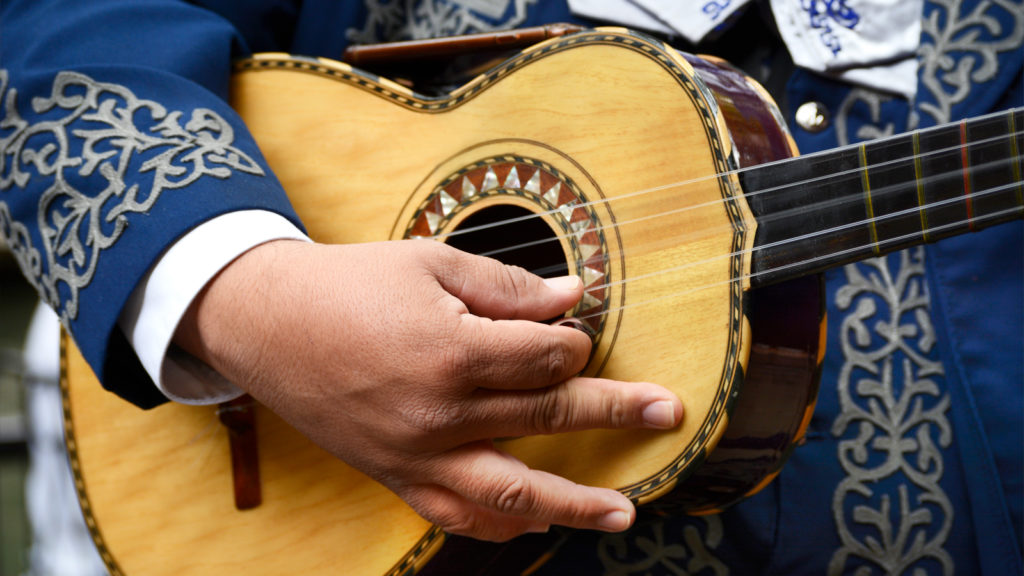In today’s casino entertainment, we are challenged by the constant need to expand our horizons just to keep pace with the country’s growth and diversity. The Hispanic audience has exploded, not just in the Southwest, but across the country. I recently spoke with Dwayne Ulloa with AKA Productions. Dwayne has always been a great partner when it comes to curating entertainment for our Hispanic guests.
Latino audiences are growing throughout the country, including areas like Alaska and Hawaii. The Carolinas, the South, and the Midwest are showing exponential growth. When the census comes out, people are often surprised to see these numbers in states you wouldn’t think of, but the Hispanic artists know because they’ve been playing them for years. Don’t forget, numbers like these can be underreported. Like with most things in life, walk before you run. Start small and work towards bigger performances and, of course, bigger risk.
Some tips:
- Is your casino known to this community? If not, host an “open house” and invite this community so that they are familiar with parking and how/where to buy tickets. Invite a local group or two to perform.
- Is your casino ready for this consumer? Is there a Spanish-speaking team member in your box office? Do you have signs posted in Spanish for a good guest experience? Are there Spanish-speaking ushers scheduled for the day of the performance? Will your food and beverage team members be able to accommodate the preferences of this group, specifically alcoholic drinks? This will be a good revenue stream for you, so make it easy for guests to spend money by having preferred brands. In my experience, these crowds tend to drink a lot of beer. Beverage sales are always high.
- Do you really know your audience? If you do not know this market, how will you know what to book? Work with a buyer who understands not only the language, but also the culture. There are numerous flavors of music – banda, norteño, regaton, conjunto urbano, mariachi tejano, grupero, pop and rock en Español. First, identify the demographic in your market – that is 100 percent the KEY. Mexican/Hispanic artists tend to be regional. An artist can be very successful in New Mexico and Arizona, but in California and up the coast they prefer a different flavor. When you hear “oh, that doesn’t work here, we’ve tried,” your issue really is wrong group, wrong media outlets, etc. Some markets are very regionalized, so traditional radio isn’t really the right place to spend your advertising money. Latino/Hispanic local radio works, as well as the small businesses in those communities. I can’t stress this enough: ADVERTISING and MARKETING is the key!
- Are you maximizing your guest list? At the show, try to capture a database. Many of these guests have paid cash for their tickets. Raffle off a few prizes, local restaurant dinners, manicures, etc. To win, these fans must give a phone number, email or address so that you can notify them of future events. Subscription brochures are not really going to reach this crowd in the beginning, although ultimately that’s the objective. Prior to the start of the show, have a neutral emcee (radio stations are very competitive and talk too much) ask the crowd (by a shout-out) how they heard about the show so that you can pinpoint future marketing efforts. A shout-out is okay since this is a very involved crowd and often pass notes to the band while being very vocal and demonstrative.
- Invest in your Audience: Make a three to four show commitment to this type of programming if you really want long-term success. This is a very LOYAL and fast-growing consumer base.
Please remember that this Latino population is based in your market year-round, not just Cinco de Mayo and September 16th (Mexican Independence Day), which are the most expensive times of the year. These are days you will pay a premium, similar to St. Patrick’s Day, Mardi Gras, New Year’s Eve, etc. Many of these artists draw an all-ages crowd and these people like to dance, so take that into consideration when you scale your room or your outside venue.
Remember, start small and develop a consistent program. Reach out to your local Hispanic radio stations for information. The larger artists are familiar with casinos, but your smaller, local groups may need some education and guidance. Be prepared for language barriers and answering questions on gaming operations to make the most of your conversation.
The time is right to welcome this growing demo, so tune into them and their entertainment needs as part of expanding and improving your entertainment program.




